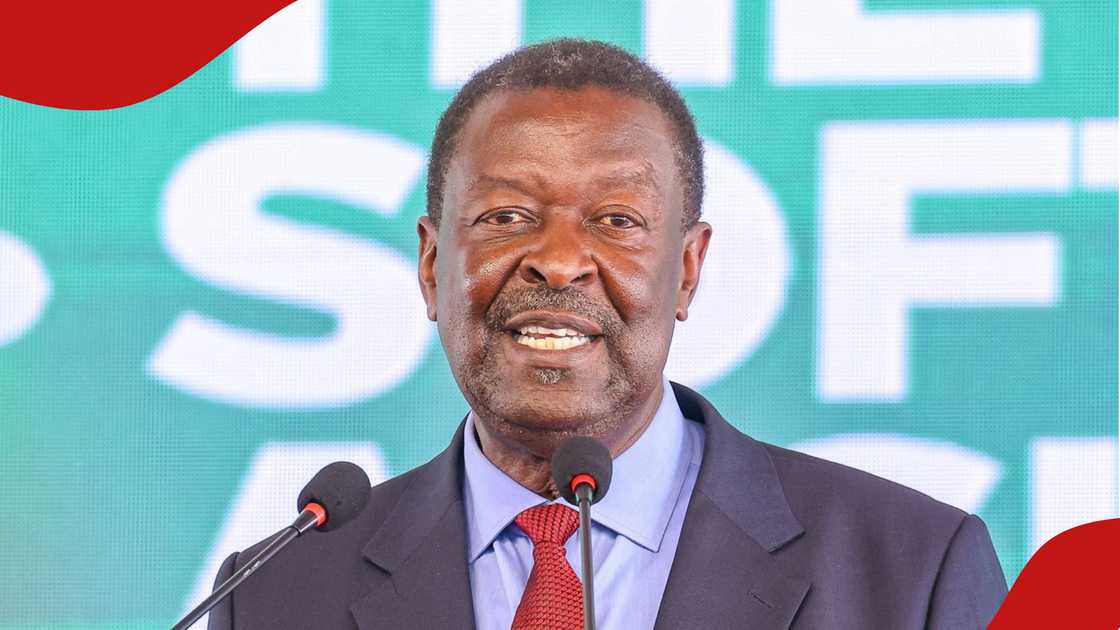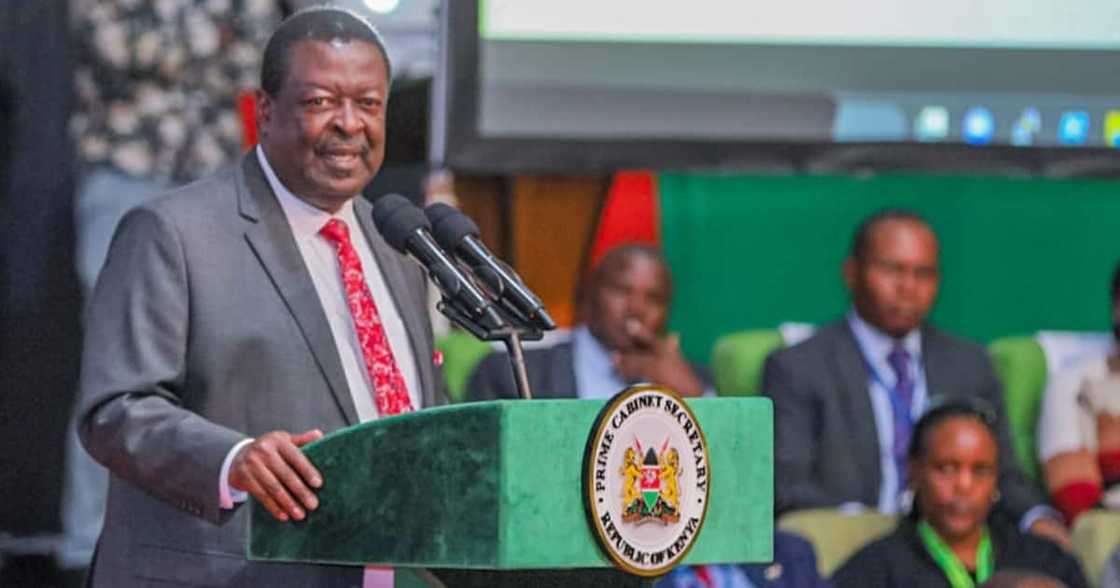Kenyan Nationals Joining Russian Forces in Ukraine: A Growing Concern
Over 200 Kenyans, including former security personnel, have reportedly joined the Russian army in Ukraine, with recruitment networks still active. This alarming trend has raised serious concerns about national and global security.
The recruitment process often promises substantial financial rewards, with recruits being offered approximately KSh 2.3 million. However, many are subjected to harsh conditions, including hazardous work involving drones and chemicals, leading to severe injuries. The Prime Cabinet Secretary (CS) for Foreign and Diaspora Affairs, Musalia Mudavadi, has highlighted these issues, emphasizing the risks involved.
Recruitment Networks and Exploitation
According to reports, the recruitment efforts have expanded to include African nationals, with Kenya being a significant source. Mudavadi stated that over 200 Kenyans may have joined the Russian military, and the recruitment networks remain active in both Kenya and Russia. These networks often target individuals from vulnerable backgrounds, luring them with the promise of quick money and better opportunities.
Mudavadi shared accounts from rescued nationals who were forced to assemble drones and handle hazardous chemicals without proper training or protective gear. Some victims reported severe injuries and exploitation while working under the Russian military. The CS warned that such activities not only endanger the lives of the recruits but also pose a threat to Kenya’s national security.
Warnings from the Prime CS
Mudavadi urged Kenyans to be cautious and warned families against falling for the lure of quick financial gains. He emphasized that the recruitment process, while offering immediate monetary benefits, can lead to mistreatment abroad. These crimes present a serious threat to both Kenya’s and global security.
The CS also warned that some Kenyans are being drawn into “forced criminality” abroad, including drug trafficking and forced labor. This issue is not isolated to Kenya, as African nationals from countries like South Africa, Somalia, Sierra Leone, Togo, Cuba, and Sri Lanka are reportedly held in Ukrainian prisoner-of-war camps.
Real-Life Accounts of Exploitation
One young Kenyan athlete captured in Ukraine in September described being tricked into joining the Russian army. Another African woman recounted being forced to manufacture drones under hazardous conditions, stating that her “skin was peeling” from exposure to chemicals. These stories highlight the dire situations faced by those who fall victim to these recruitment schemes.
Ukrainian authorities report that around 1,400 Africans are fighting alongside Russian forces, with some recruited under deceptive circumstances. This situation underscores the need for increased awareness and preventive measures to protect Kenyan citizens from falling into similar traps.

The Broader Implications
The involvement of Kenyan nationals in the Russia-Ukraine conflict has broader implications beyond individual cases. It raises questions about the effectiveness of current policies and the need for stronger international cooperation to address such issues. The Kenyan government must continue to monitor and respond to these threats to ensure the safety of its citizens.
As the conflict continues, it is crucial for Kenyans to remain vigilant and informed. The Prime CS’s warnings serve as a reminder that while the promise of financial gain may seem attractive, the risks involved can be life-threatening. Families and communities must work together to prevent their members from becoming victims of such exploitation.
